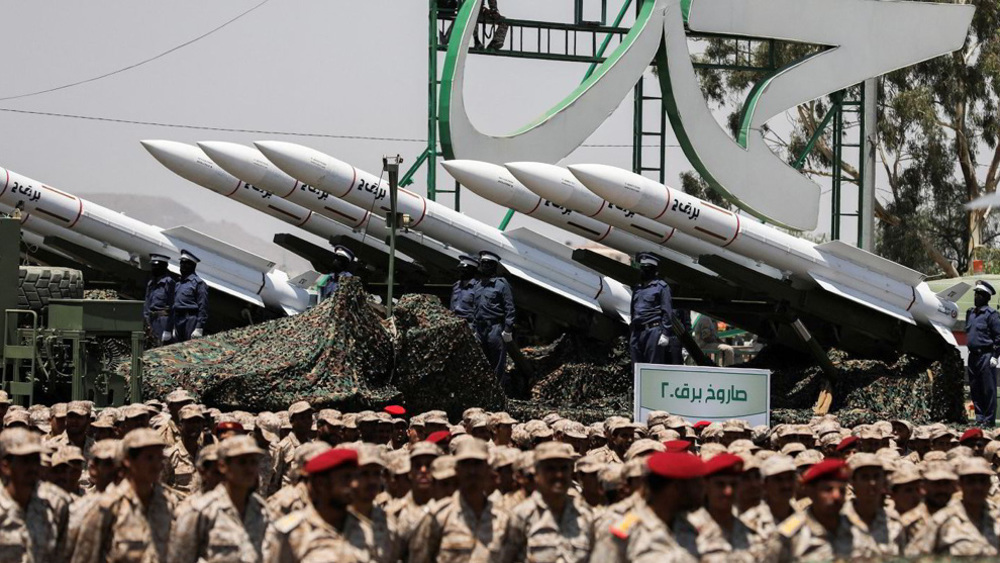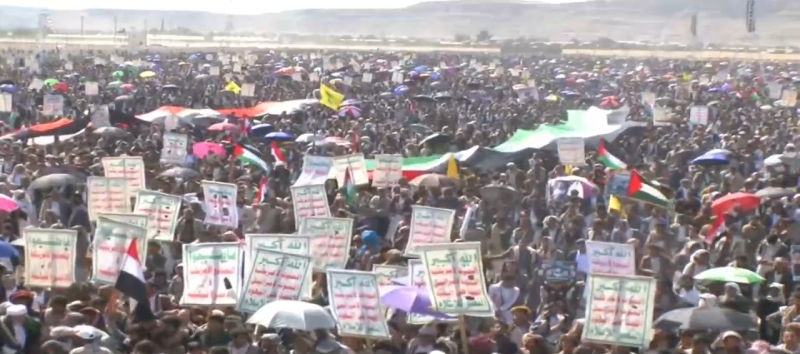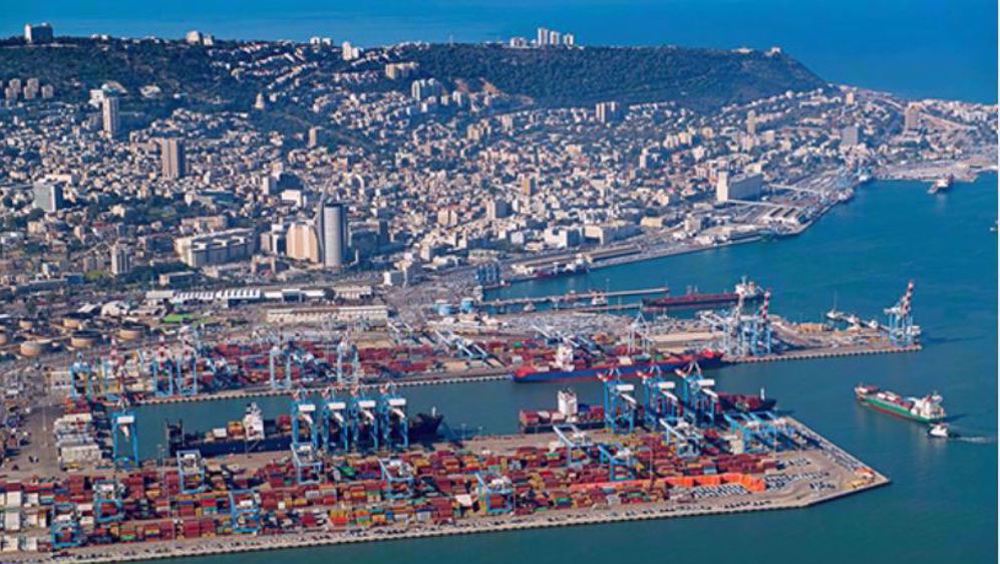WHO confirms 11 cases of cholera in Yemen
The World Health Organization (WHO) has confirmed 11 cases of cholera in Yemen's capital Sana'a, following its announcement last week of a cholera epidemic in the conflict-stricken Arab country.
"We have 17 suspected cholera cases, and 11 that are confirmed," said the WHO's Amro Saleh during a press briefing in Sana’a on Tuesday, adding that all confirmed cases came from one neighborhood.
Saleh said there were no deaths from cholera so far and gave assurance "the epidemic will remain under control."
The WHO official also warned that "143 cases of severe diarrhea" had been reported at hospitals in other provinces, including 49 in Ta'izz, and 42 in Hudaydah.
Another WHO expert present at Tuesday's press briefing said all the cases of severe diarrhea had tested negative for cholera.
On October 7, the WHO and UNICEF said cholera cases had been reported in the war-hit country, with eight cases recorded by health authorities in the capital.
The WHO warned that the scarcity of drinkable water had worsened the hygiene situation in Yemen, fueling a marked increase in cases of severe diarrhea, in particular among people displaced from their homes in the center of the country.
UNICEF said cholera, a disease that is transmitted through contaminated drinking water and causes acute diarrhea, could prove fatal in up to 15 percent of untreated cases.

The UN body says nearly three million people in Yemen are in need of immediate food supplies, while 1.5 million children suffer malnutrition, including 370,000 enduring very severe malnutrition that weakens their immune system.
UNICEF’s representative in Yemen Julien Harneis said the epidemic would add "to the misery of millions of children in Yemen."
Saudi Arabia has been engaged in a deadly campaign against Yemen since March 2015. More than 10,000 people have died in Saudi airstrikes ever since, according to the UN.
IRGC: 10 foreign-backed terrorists killed, arrested in Sistan and Baluchestan
Iran calls on EU to end targeting ordinary Iranians after missile transfer claims refuted
UK police detain Jewish scholar Haim Bresheeth following pro-Palestine address
VIDEO | Iraqi resistance strikes key Israeli targets in occupied territories
VIDEO | Press TV's news headlines
Iranian satellites launched into space as private sector debuts in space industry
VIDEO | Iran, Azerbaijan conduct joint maritime rescue operations
VIDEO | Yemen’s Red Sea divide: Naval forces block Israeli-linked ships in strategic ‘parting of the water’









 This makes it easy to access the Press TV website
This makes it easy to access the Press TV website